We can’t expect a clean and organized discussion about the very thing that ushered chaos into the world.
It’s a great analogy. But it’s not the whole truth.
The Greek word for sin means to miss the mark. That part’s true. But when it comes to defining biblical jargon, we can’t solely rely on the Greek since only the New Testament was written in Greek (with portions in Aramaic). “Sin” actually appears in scripture first in Genesis 4. That’s the Old Testament. That’s Hebrew.
So why are we defining Old Testament Hebrew words with a Greek language that didn’t even exist when Cain killed Abel?
See why it’s so important to study the Word and not just take someone else’s word for it? We have to know what it meant when it was written before we can understand what it means for us now.
Jumping to application before you’ve done the work to properly interpret the passage will always result in surface-level and often partially-correct understanding. God help the preachers who deliver half-cooked fare to their congregations week after week.
Anyway…
It’s so important to study the Word – not just take someone else’s word for it. We have to know what it meant when it was written before we can understand what it means for us now.
1 John 3:4 offers a pretty good definition: Everyone who practices sin practices lawlessness; and sin is lawlessness (NASB). So sin breaks the law. God’s law, to be specific. It’s an action. Something you ‘practice’ according to this verse.
Side note: let’s not be too hasty in making the assumption that sin is – by definition – something that is rehearsed. That may be (and often is) the case, but ‘practiced’ in this sense refers to action.
But then this thing called iniquity that often shows up in correlation with the word sin. What does that mean? Is it like extra sinful sin? Not exactly. In Psalm 32:5, iniquity is a descriptor of sin (“iniquity of my sin”). So where sin is the action, iniquity is the character of the action. In other words, it’s what is inside of us which infects that which is outside of us.
So, now that the definitions are out of the way, let’s get back to the title question: Is it sin?
When we are young in our faith, many of us ask, “How far is too far? Where’s the line for sin? What can we get away with before we cross that line?” But those are the wrong questions.
What is inside of us
infects
what is outside of us.
In light of who God is, and the privilege we have in knowing Him, we should be asking how we can better serve His purposes, not how we can gratify our flesh and get away with it. Anything less indicates that we’re not as interested in having a relationship with God as much as we are in procuring a get-out-of-hell-free card.
Which leads me to the topic I really wanted to get to today: Can our thoughts be sinful? According to our previously discussed definitions, no. So then, what role do our thoughts play in sin?
Genesis 4:7 offers Cain a warning that sin is crouching at his door. God hints at the fact that Cain’s thoughts – if carried out – would become sinful.
David makes a similar assertion in Psalm 19:12-14: How can I know all the sins lurking in my heart? Cleanse me from these hidden faults. Keep your servant from deliberate sins! Don’t let them control me. Then I will be free of guilt and innocent of great sin. May the words of my mouth and the meditation of my heart be pleasing to you, O Lord, my rock and my redeemer (NLT).
What role do
our thoughts play
in our sin?
His request that the meditation of his heart remain pleasing to God indicates that there’s significance to our thoughts. While they may not be outright sinful, they do have the capability to please or displease God.
So if our desire is to know Him and be in relationship with Him, should we concern ourselves only with whether or not our actions are sinful? What if there’s more?
As a little girl, at times, I committed an action that displeased my parents. Shocking, I know. I was dealt consequences that had to be endured – usually in the form of the spanking spoon. But as I grew up, the worst consequence was hearing my father say, “Kylie, I’m disappointed in your decision.” That gutted me.
And so it is with my heavenly Father. As I mature in faith, the desire to please Him overtakes the desire to gratify my flesh.
In light of who God is, and the privilege we have in knowing Him, we should be asking how we can better serve His purposes, not how we can gratify our flesh and get away with it.


Leave a Reply
Want to join the discussion?Feel free to contribute!